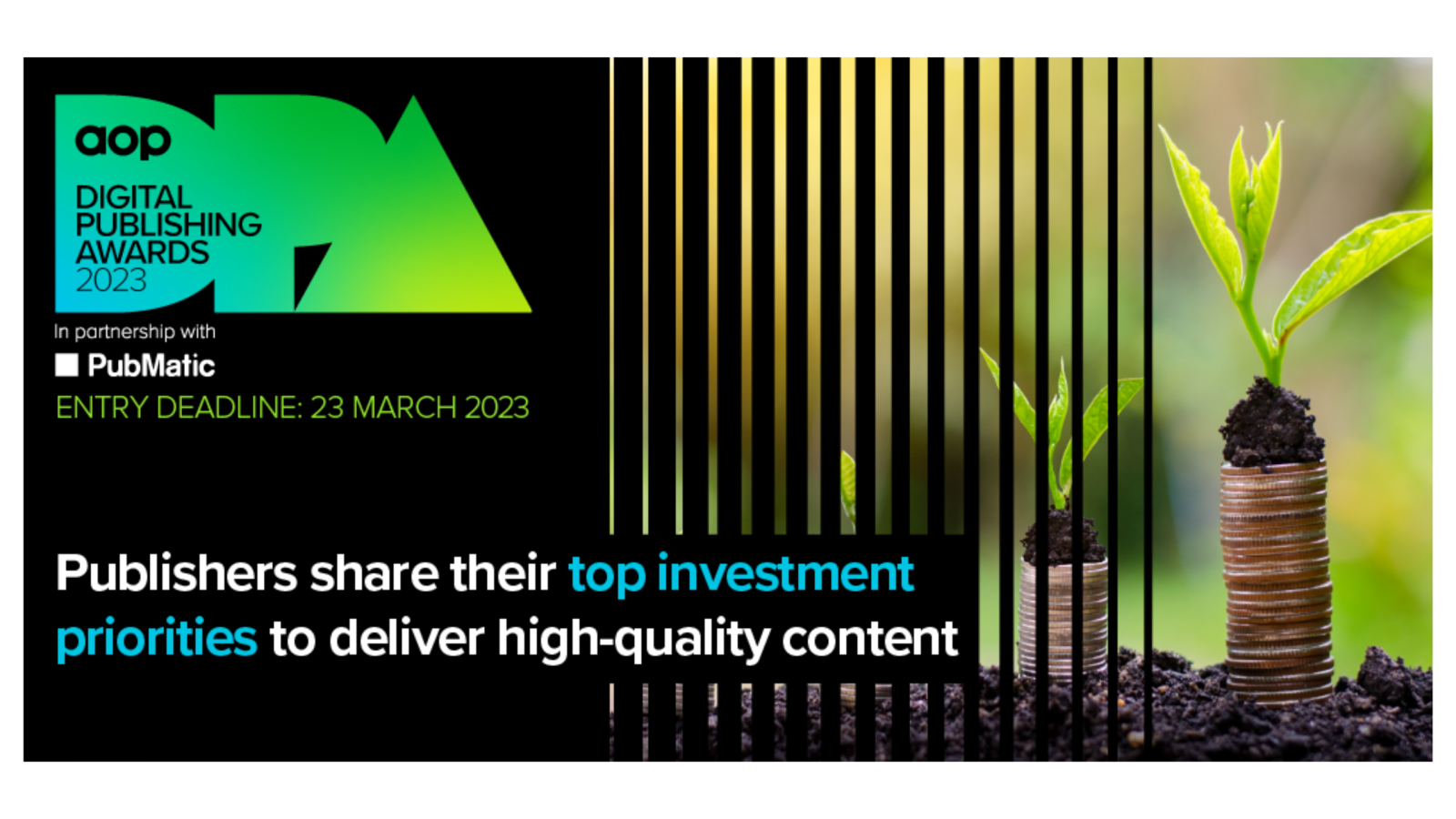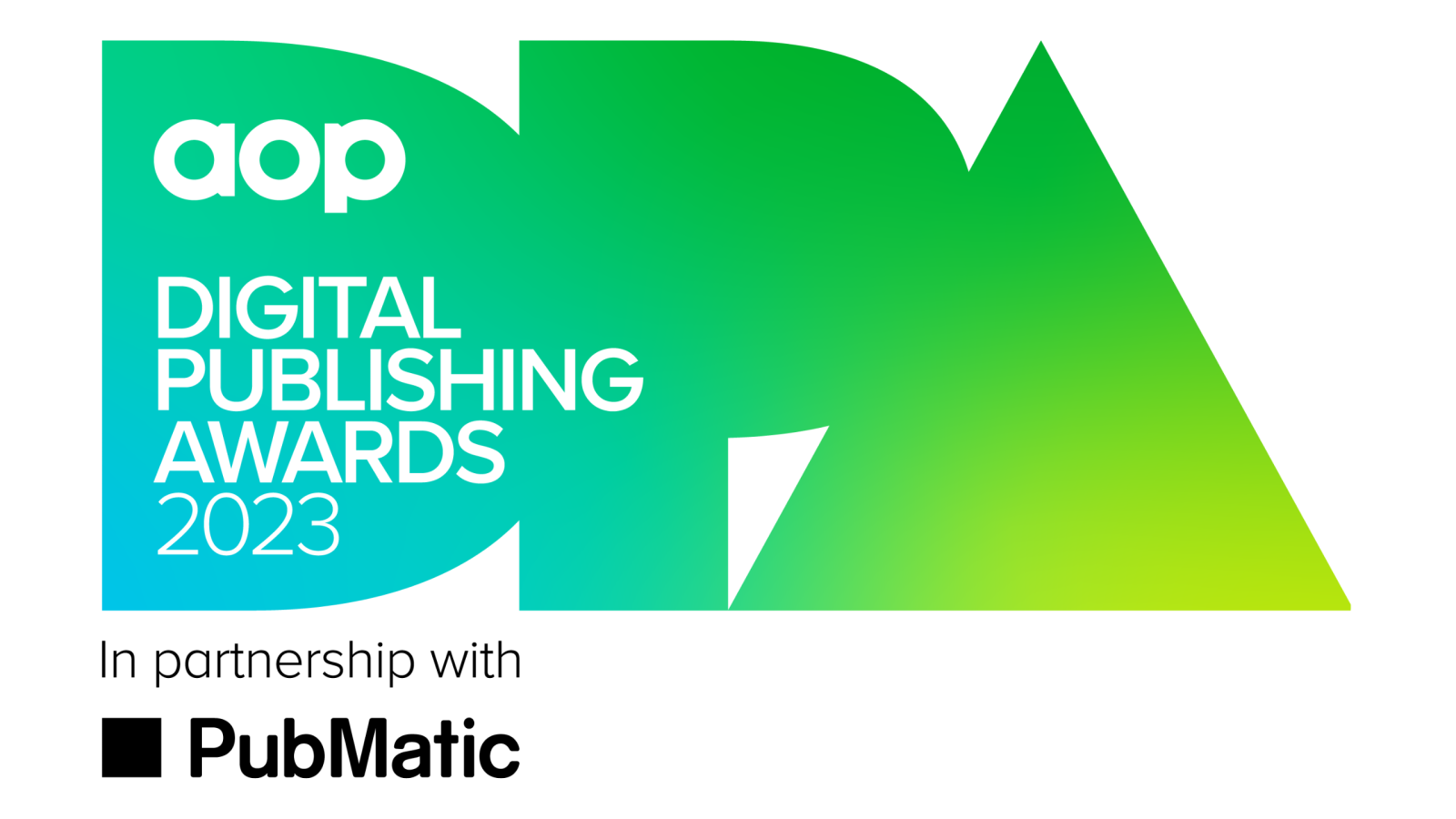
Publishers share their top investment priorities to deliver high-quality content
Published: 20 Feb 2023
You would have to have been under a rock to have missed the explosion of news around generative AI. From ChatGPT through to DALL-E, the ability to rapidly produce content has increased exponentially. “With the emergence of generative AI, I believe it’s fair to expect online content production to explode in quantity, similarly to what happened with the emergence of social media in the late ‘00s,” shared Manuela Mossa, Digital Advertising Operations at National Rail. “In this context, it’s a top priority for publishers to stand out with compelling, original, quality content.”
Matthew Rance, Head of Commercial Data at Immediate Media, concurred, stating that “publishers should continue to invest in approaches that enable them to be more self-sustainable with less reliance on the channels that we know are undergoing significant disruption,” citing social media and generative AI as two such examples. With generated content available at the click of a button, what can digital publishers do to make sure that they continue to differentiate their high-quality content? We reached out to our AOP Digital Publishing Awards jury to get their expert suggestions on how and where publishers should be investing to continue producing and surfacing high quality content.
As Edd Dracott, Real Life and Social Media Editor at PA Media, explained it, “ultimately, quality content relies on talented people.” At the end of the day, generative AI can mimic and reproduce based on existing content, but for true insight on a news story, you still need a human hand.
“It is important to invest in good talent,” Suswati Basu, Head of Audience at NationalWorld, reminded us. “From data analysts who are able to provide key findings for publishers to help them move in the right direction, to young journalists able to manage different environments on social media.” Justin Viljoen, Sales Director at New Scientist, agreed, stating that since users engage with your content, supporting that content production has to be your main priority: publishers need to be “investing in the people that create the content, and then make sure you have the right people to know what content works.”
Talent is a major pinch point for organisations – and not just digital publishers. The world is facing an unprecedented talent shortage. A 2022 study from ManpowerGroup has found that 3 out of every 4 companies have reported talent shortages and difficulties hiring – a 16-year high. Against this challenging backdrop, publishers need to make sure they’re re-thinking how they attract, retain, and nurture employees. Suswati suggests that apprentice and graduate schemes can be particularly valuable here, as they provide pathways for young people to access job roles they may never have considered. Providing new opportunities for older employees looking to reskill or those hoping to re-enter the industry after a short break is also an invaluable way to bring experienced individuals in your team. And of course, rewarding your existing team is a great way to recognise effort and ingenuity – we look forward to receiving nominations for our Individual and Team categories at the AOP Awards to see who’s leading the industry forwards.
Another area that New Scientist’s Justin Viljoen stressed was the importance of ensuring that your team is diverse and inclusive. Encouragingly, in our recent research study, we found that ensuring a diverse and inclusive workplace ranked as the top organisational priority for our publisher respondents. 65% of those publishers also agreed that they have a clear strategy to create a more diverse and inclusive workforce.
When we reached out to our judges, PA Media’s Edd Dracott told us that “making sure we hire staff from a wide range of backgrounds can cut out blind spots in what we produce, and further improve the quality and diversity of our coverage.” Aditya Solanki, Director of Digital Media at Asian Media Group, offered similar insight: “We at Asian Media Group invest heavily in our content, ensuring we have a team of journalists with a differing set of interests to ensure our content is relevant and well written.”
By promoting a diverse team, you bring a diverse range of perspectives to the table which can open up new ideas, challenge and improve existing models, and ensure that you’re able to deliver a high-quality content that resonates with your audiences. “Everything flows from reader engagement,” Aditya continued. “Increasing readership increases ad spend, which in turn allows publishers to re-invest in content.”
Of course, even insightful, quality content can miss the mark if it doesn’t address your audience’s requirements. Audience insights are a core component of any good strategy – but they need to be fully communicated across your organisation to make the most impact. “It’s easy to get swept up in the latest trends,” mused Isaac Jones, Digital Product Manager at BMJ, “but one constant is that you will need aligned and cross functional teams with editorial, product, tech, data, and design skills in order to better understand your audiences and customers.”
According to our 2023 research study, a fifth [21%] of publishers believe their teams are fully aligned around audience insights, with another 58% working towards this goal and investing in the roles they need to achieve this. “I believe the most important place publishers should be investing in to continue to deliver high quality content is data analysis,” explained Chris Dicker, Managing Director at TrustedReviews. “Understanding what your audience and the audience you want to attract is interested in is vital to any content strategy.”
Several of our judges reflected on how they’re adapting their strategies to meet the new and pre-existing demands of their audiences. Vickiie Oliphant, Head of SEO (Nationals) at Reach plc, suggested that many publishers will be investing in formats such as digital audio, podcasts, social video, and newsletters “as they seek to promote deeper connections with their readers while also aiming to make their content more accessible and sustainable.”
Hannah Barnett, Commercial Director – Digital Sales at Mail Metro Media, stressed the importance of keeping a finger on the pulse of new trends and emerging behaviours. “As the cost-of-living crisis continues to worsen, our audiences are searching for answers,” Hannah shared. “It is essential that we continue investing in producing content on issues that matter most to our audiences in these challenging times, providing them with advice and support.” She also noted that understanding how and where particular types of content is consumed is equally important in planning investment priorities.
On the B2B side of things, both Gideon Spanier, UK Editor-in-Chief at Campaign, and Richard O’Connor, CEO at B2B Marketing, referenced the increased interest in more in-depth content. For example, Gideon explained that “data journalism is a real growth area that offers huge potential, because it can generate exclusive news and features and become a product in its own right.” Delivering these exclusive insights is particularly relevant as publishers look to the value they can deliver above and beyond generative AIs. “We are continuing to see a shift away from demand for lighter-weight content such as blogs, thought leadership, and opinion pieces to technical content, depth reports, models, and best practice / playbooks,” shared Richard. “In short, content that has a tangible value in building a case for change, securing budget or resources, or making people’s jobs simpler and more effective.”
However, you can’t talk about audience insights without also touching on user privacy. Immediate Media’s Matthew Rance talked about the importance on investing in tools and solutions that allow publishers to take a proactive approach to privacy. Not only does this deliver a privacy-centric experience that helps to rebuild that lost audience trust, it will also provide a foundation that allows publishers to react more agilely to other changes that might be required further down the line.
It is also this investment that will enable publishers to effectively monetise their content in a cookie-less world. “For publishers who can grow their logged-in user base, connecting this first-party data with clients who also have their own first party data ought to be an area of growing investment for publishers,” Matthew explained, although he acknowledged that, from a cost perspective, identifying the correct solution to back will be a challenge. We look forward to unpacking the Identity Conundrum with our panel of experts at our AOP CRUNCH event on March 30th.
As audiences look for the insightful analysis and expertise in the content they consume, digital publishers find themselves challenged to become leaders in world-impacting conversations such as climate change. National Rail’s Manuela Mossa highlighted two areas where publishers are focussing their investment to meet these demands: “taking the necessary organisational and infrastructural steps to reduce and offset their carbon emissions, and producing content that raises awareness about the importance of addressing climate change and promotes sustainability.”
“Sustainability is a pivotal issue for our industry and a growing area of focus for our audiences and partners,” shared Kaushala Ratnayake, Head of Strategy at Bauer Media UK. “We need to lead in this area by investing in improving the sustainability of how content is designed, developed, and distributed.”
Thank you to all our AOP Digital Publishing Awards judges who shared their thoughts with us. You can find out more about how to enter the Awards here or you can email us at awards@ukaop.org with any questions that you might have.
Related content

AOP Digital Publishing Awards 2023 open for entries
The Association of Online Publishers (AOP) has announced that its prestigious annual awards are now open for entries. In collaboration with PubMatic, the Digital Publishing Awards are back to celebrate the talents and skills of the individuals and teams working to create, deliver, and monetise quality online content.
Published: 11 Jan 2023
Read